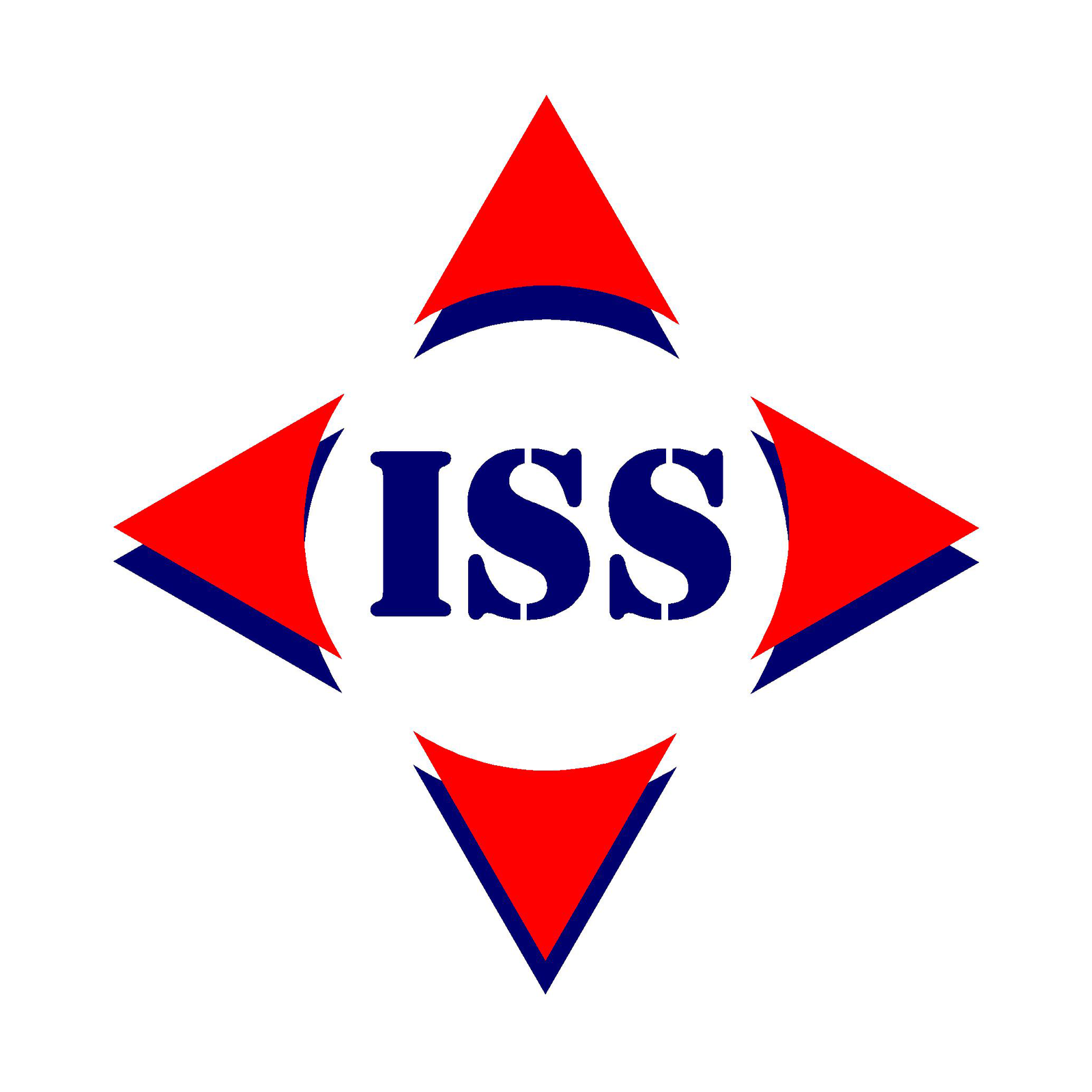Customs clearance can be a very stressful and strenuous process. It requires shippers to collate numerous documents and certificates, and follow many strict rules and regulations, many of which differ from country to country.
There are some things you can do prior to your goods departing their origin country and after they arrive at your destination country to ensure a seamless, hassle-free customs clearance. Read on to find out more.
Pre-Departure Procedures
Step 1: Get Import/Export Ready
Before you ship your goods, you will need to register with the customs department of your country and obtain all required import and/or export documents outlined here.
Step 2: Fill Out the Shipping Bill
After registering with the customs department, you will need to fill out the shipping bill. To do this, you’ll require information such as the HS code, monetary value, weight, and country of origin of your goods, as well as the duty due on them. This will allow you to determine whether your cargo qualifies as dangerous or restricted goods, and whether it is allowed by the destination country.
Step 3: Export Customs Clearance
After the shipping bill is complete, your goods will need to go through customs. Here, they will verify details on your shipping bill, and ensure all other accompanying documents are correct. If everything is in order, your goods will be cleared for shipping. If there are any inaccuracies or missing details, your shipment may require further inspection, examination, and scanning, after which customs will either clear, detain, or reject your shipment.
This is why providing detailed and accurate information is critical!
Post-Arrival Procedures
Step 1: Fill Out the Bill of Entry
Once your shipment has arrived in its destination country, you will need to file the bill of entry.
Step 2: Import Customs Clearance
After the bill of entry has been filed, your goods will need to be cleared by customs again. This will follow a similar process as the export customs clearance. If everything is valid and in order, your bill of entry may be endorsed with a Pass Out Order, which will allow your shipment to be passed on to the consignee after the applicable duty has been paid.
Although this process may seem fairly straightforward, there are a lot of things that can go wrong. Because of this, many businesses choose to employ third-party shipping providers, such as ISS, to organise and execute their international shipping processes.
To find out how ISS can help you successfully ship internationally and avoid unnecessary duties and taxes, call us today!





